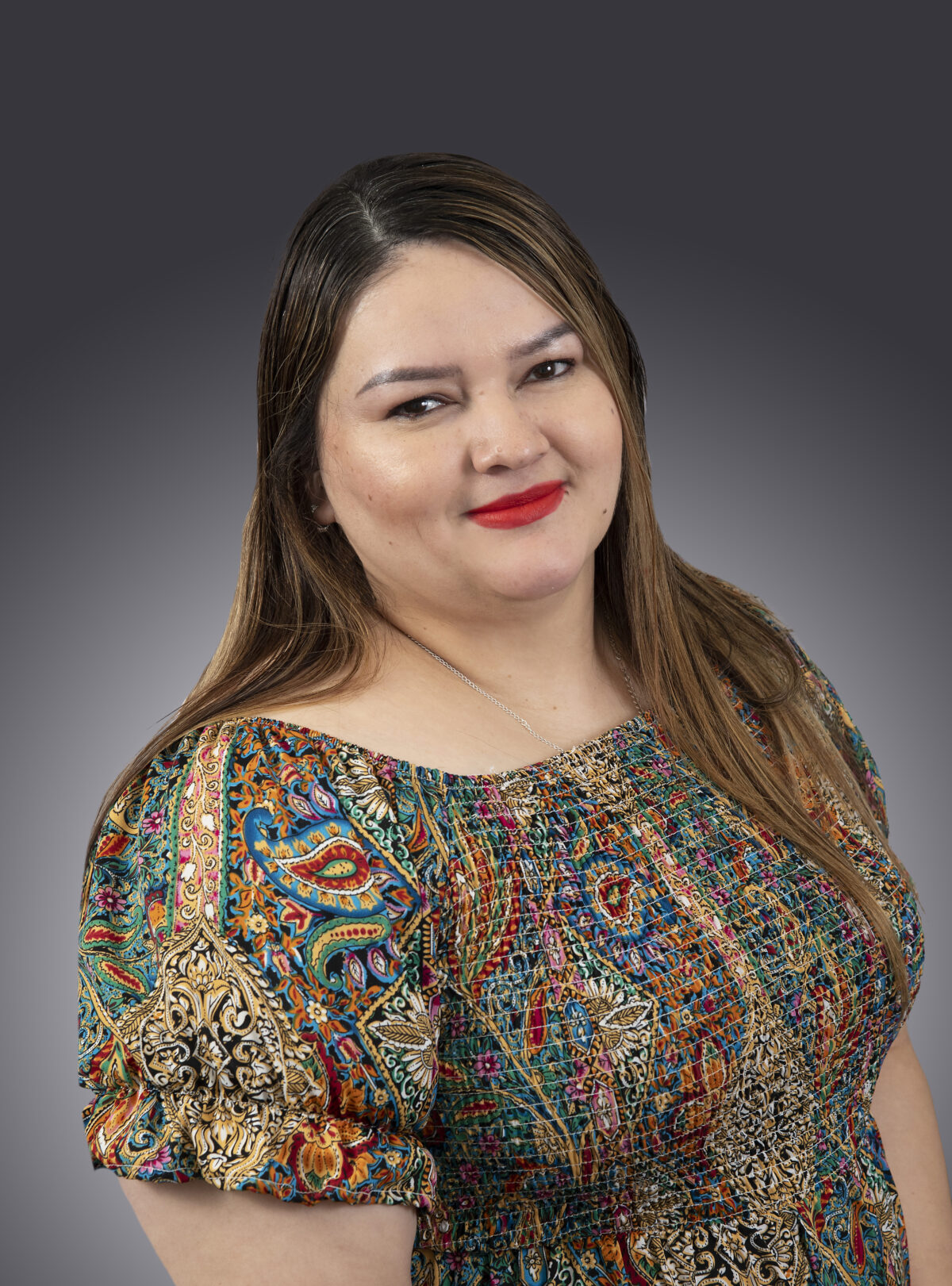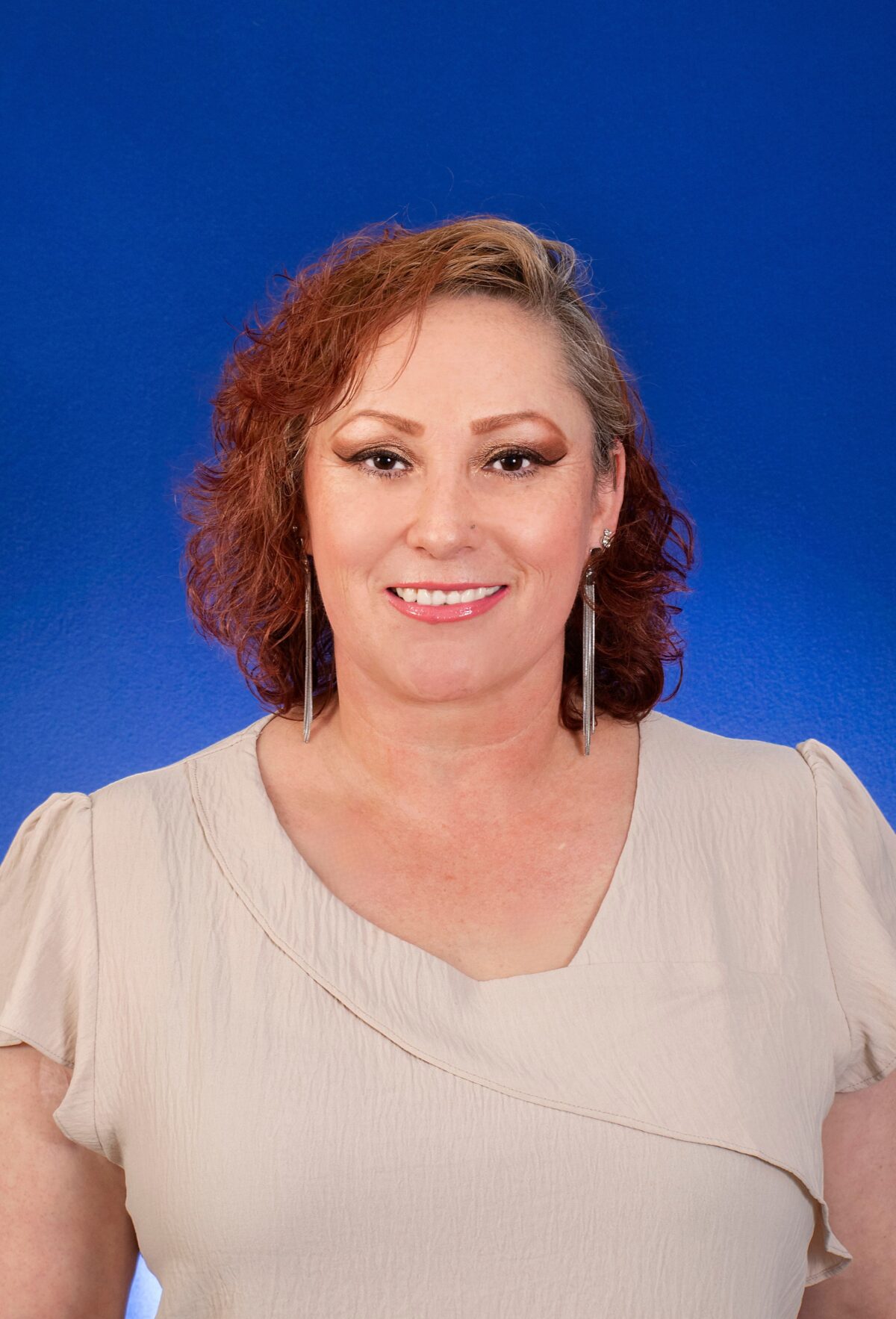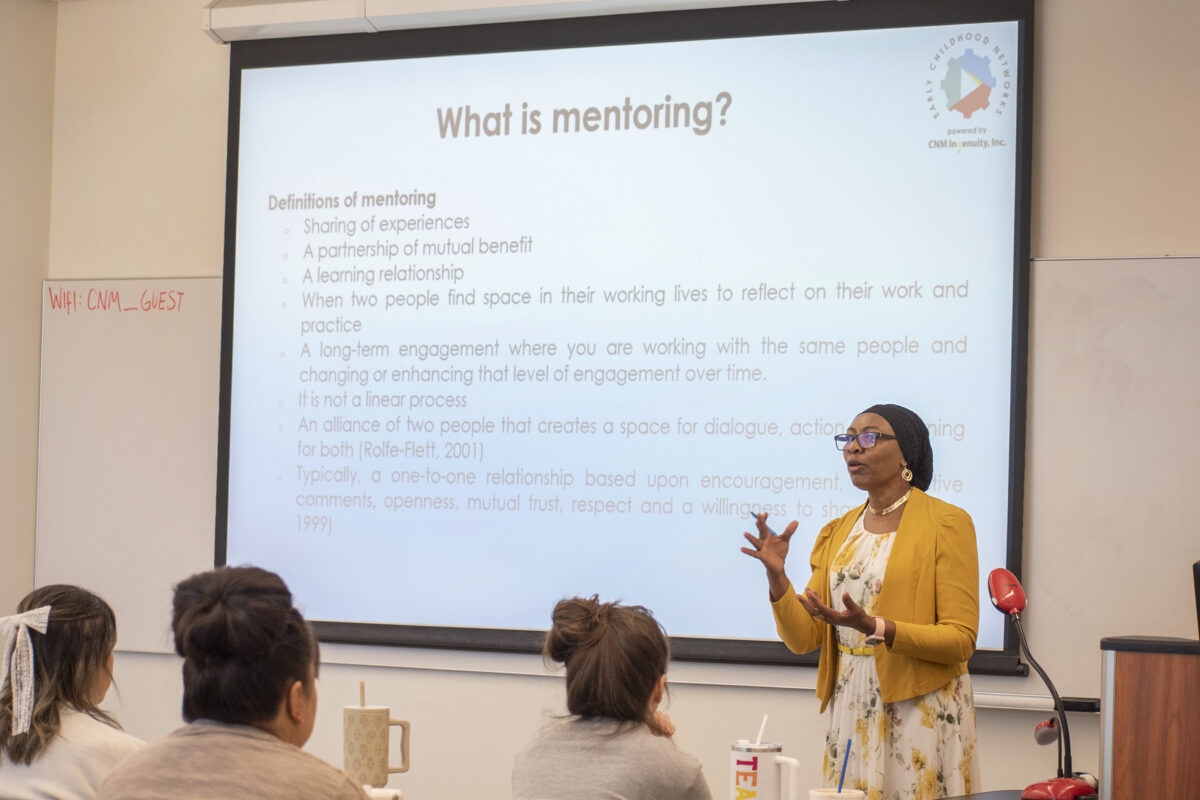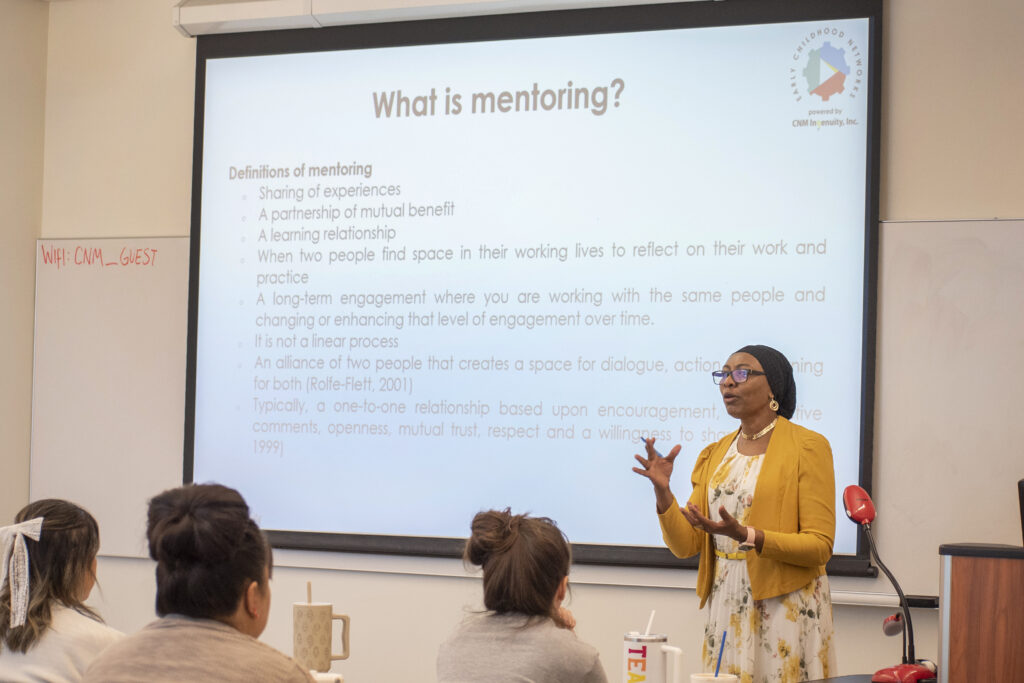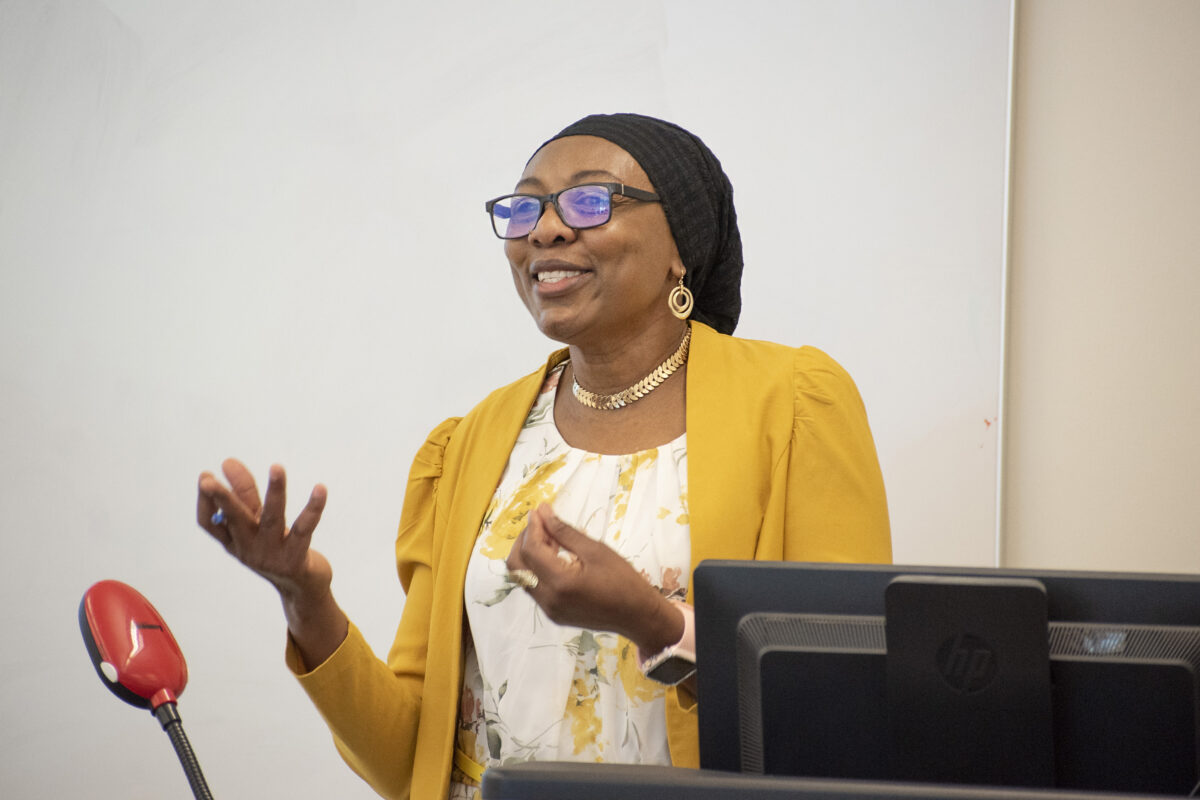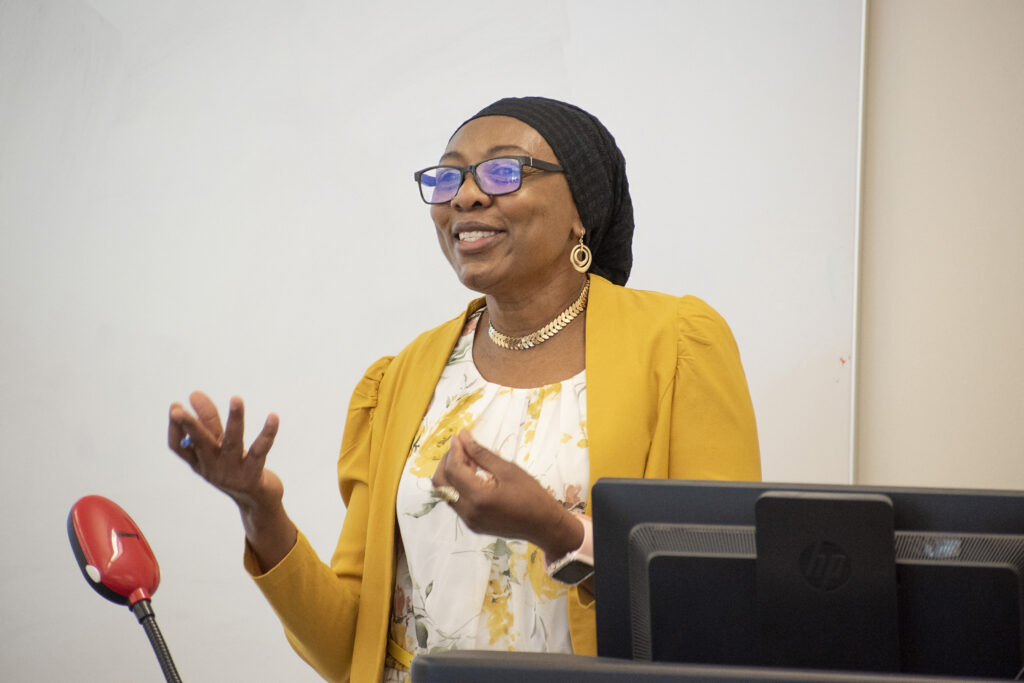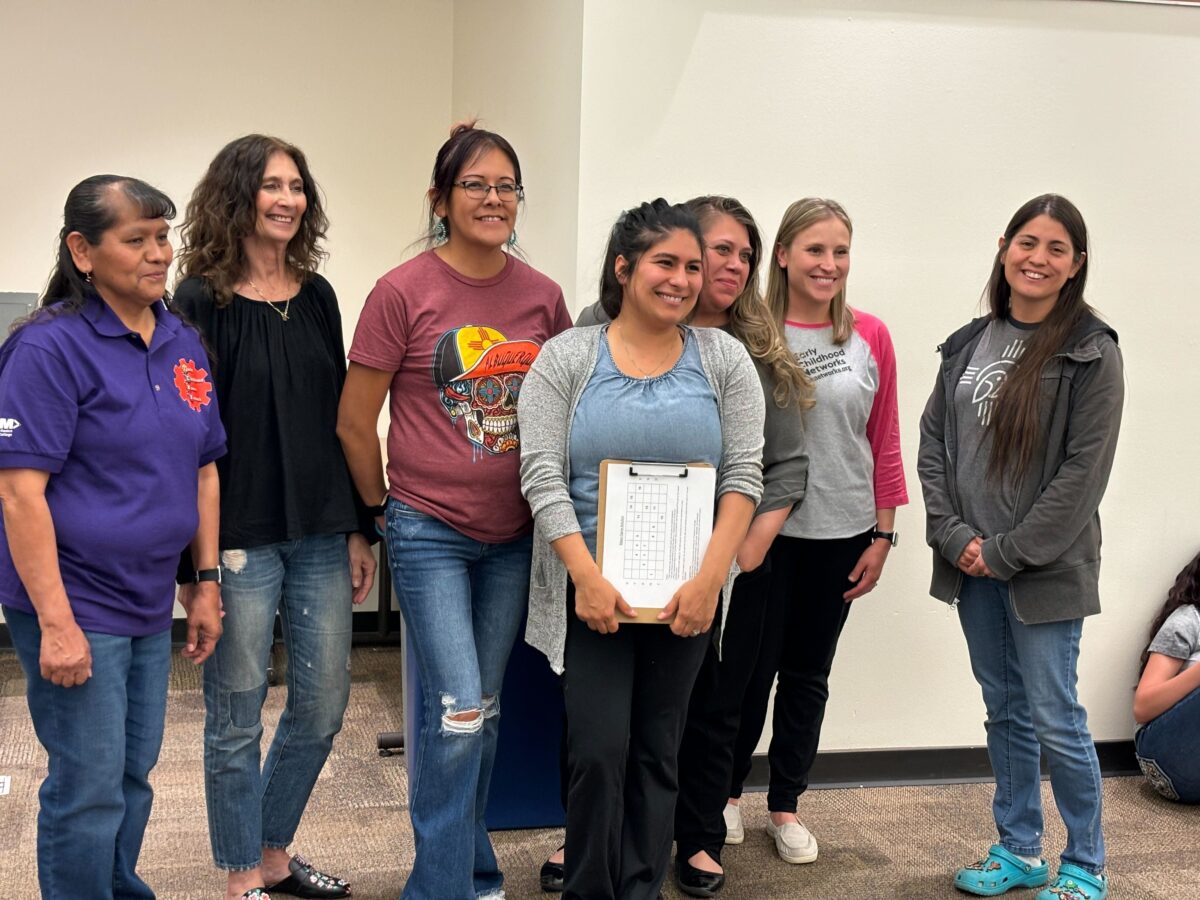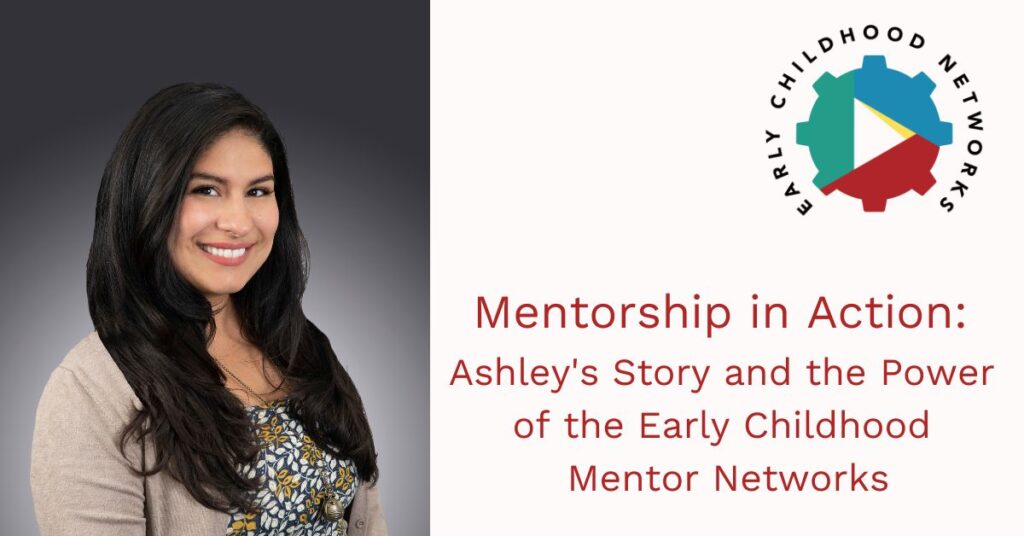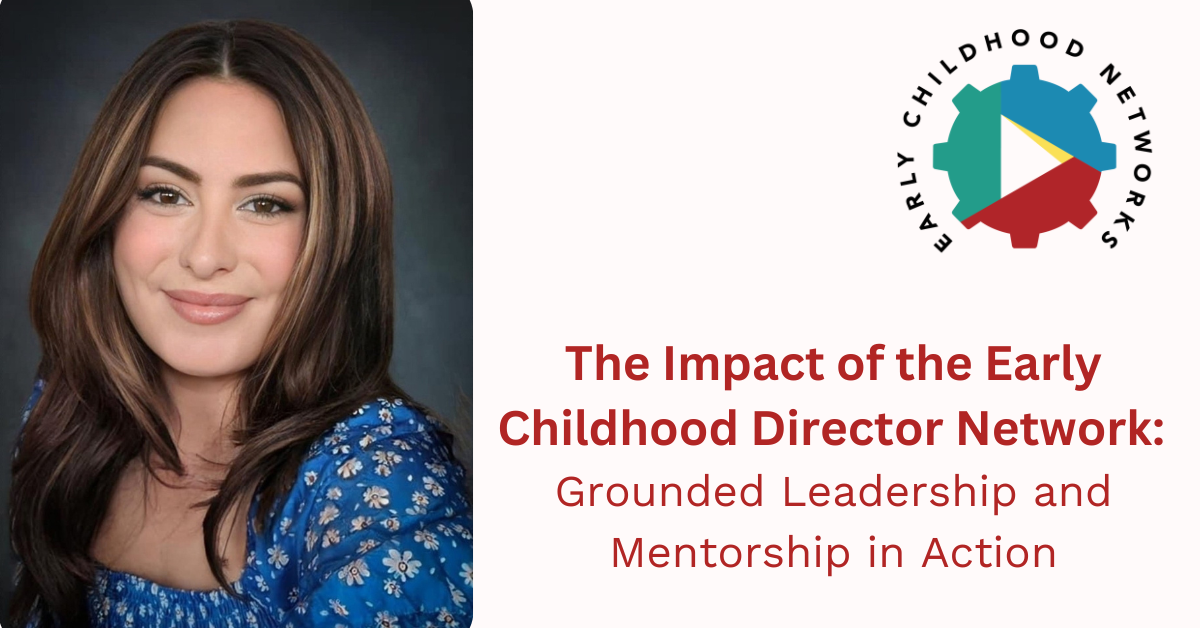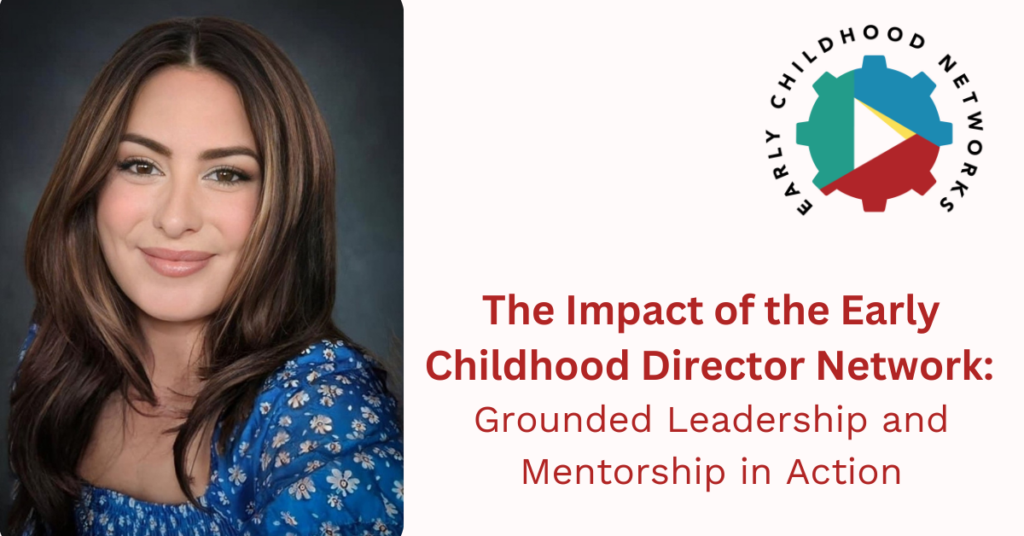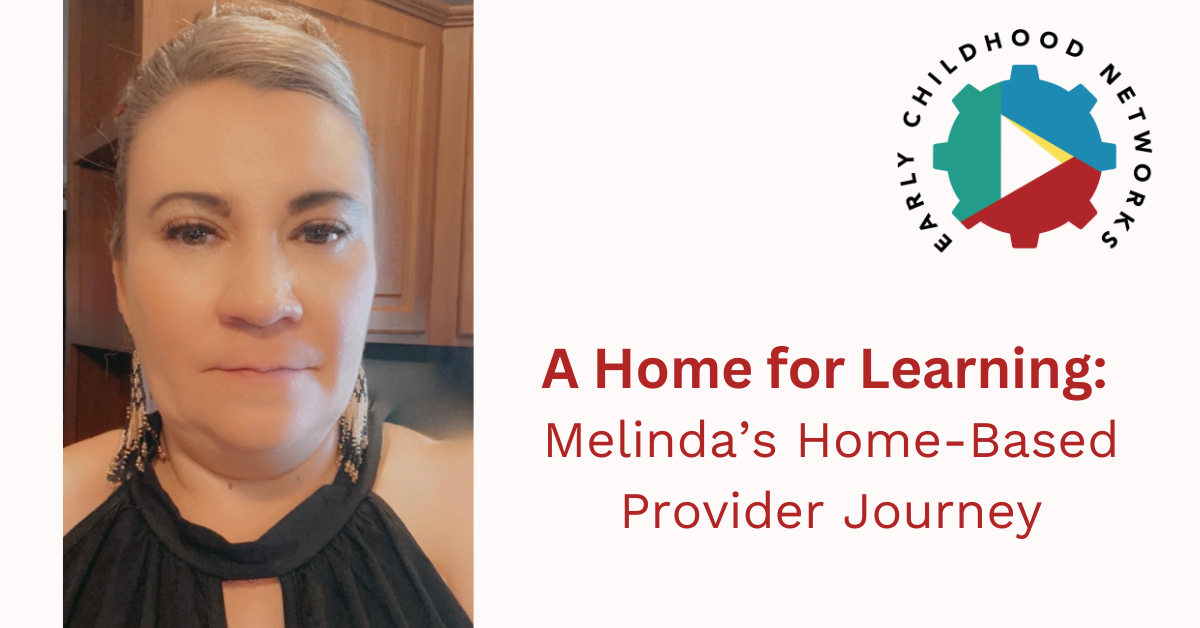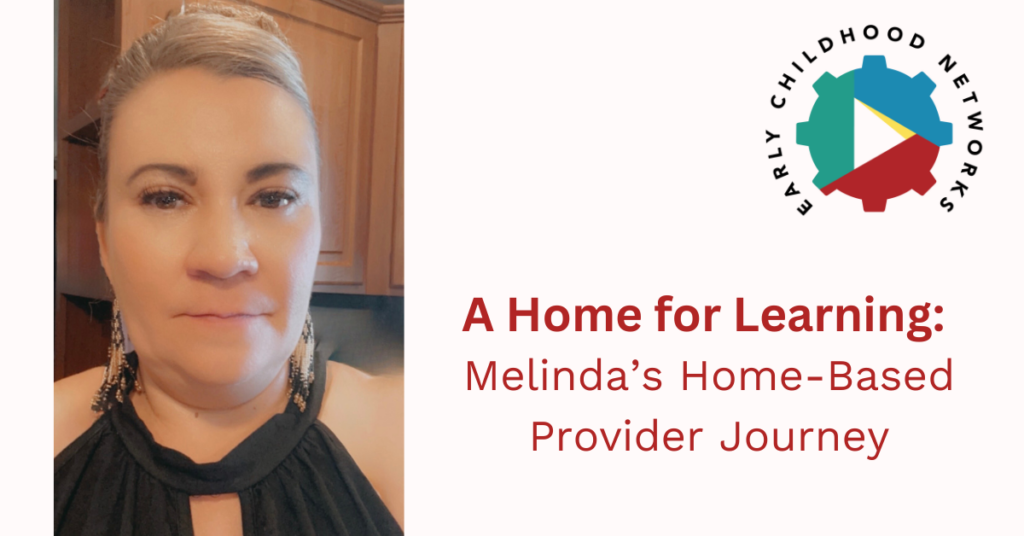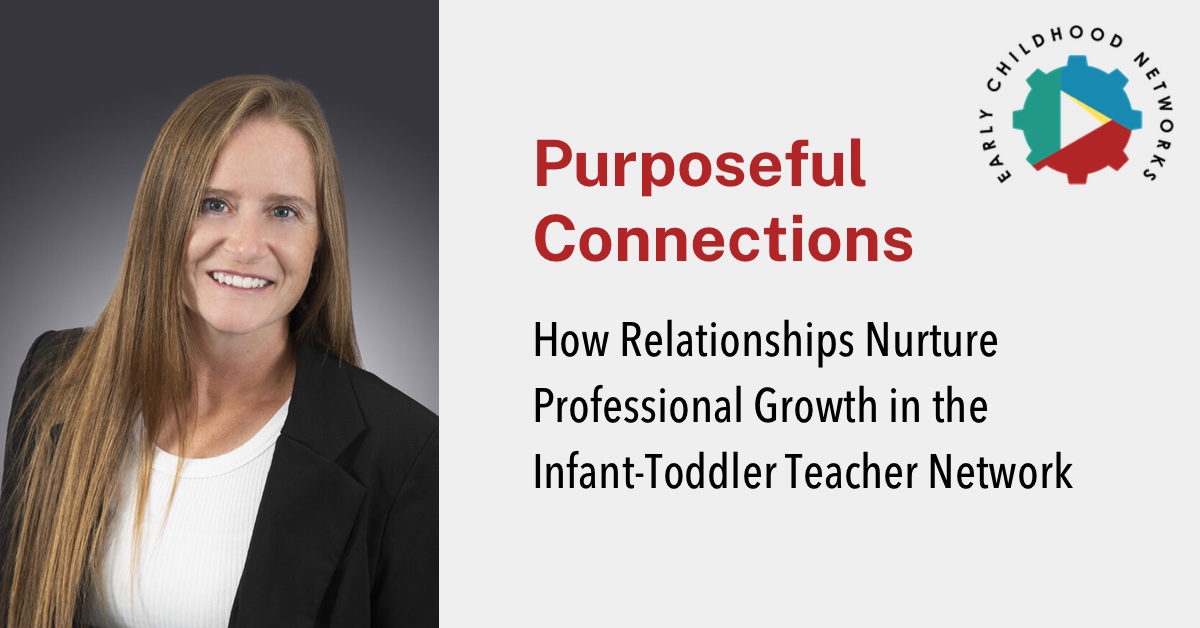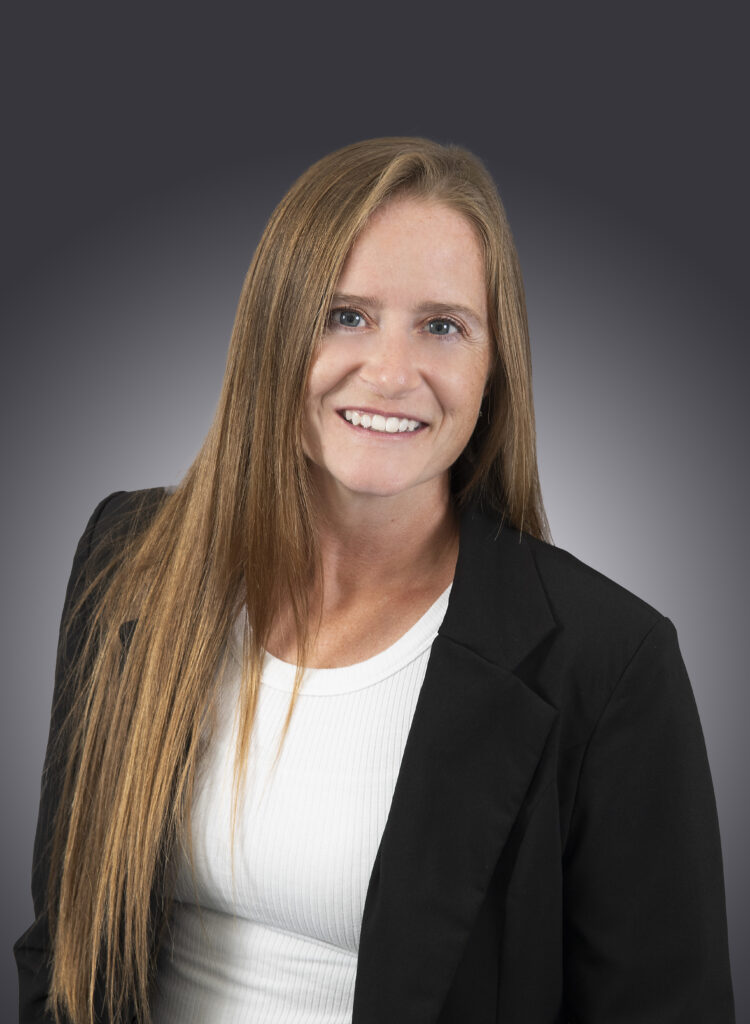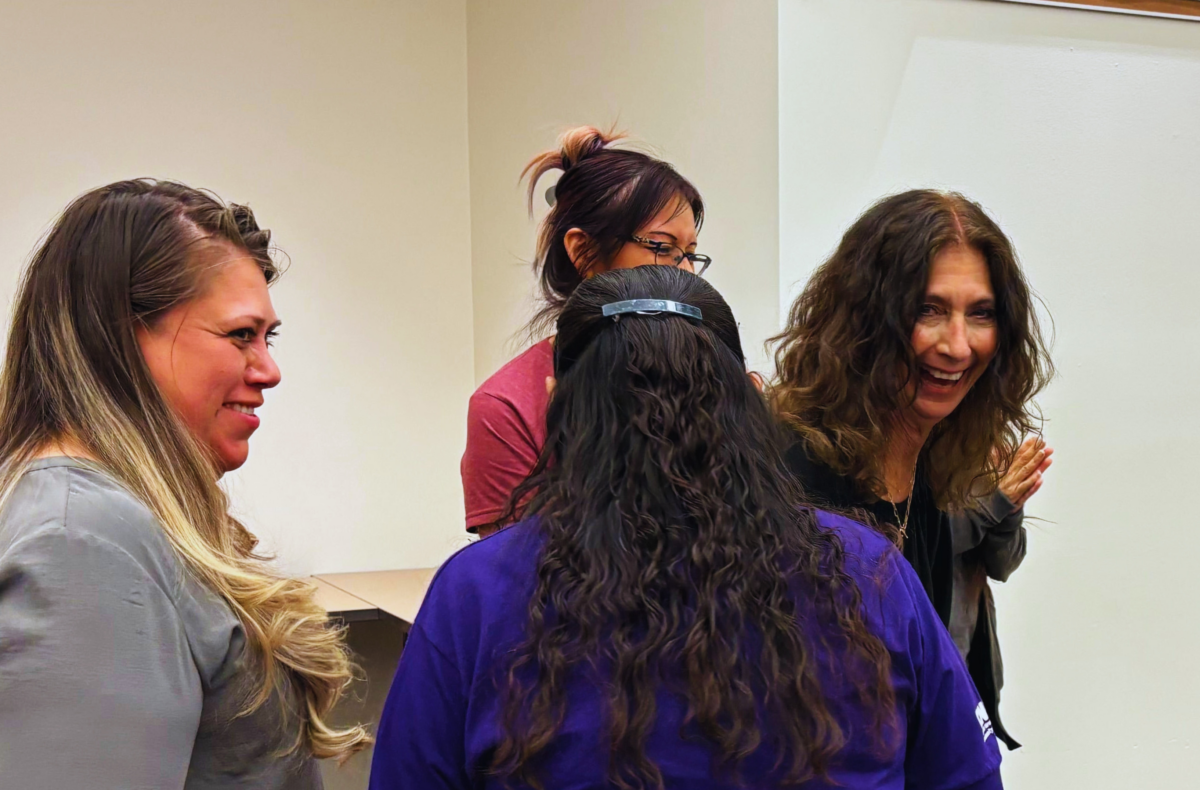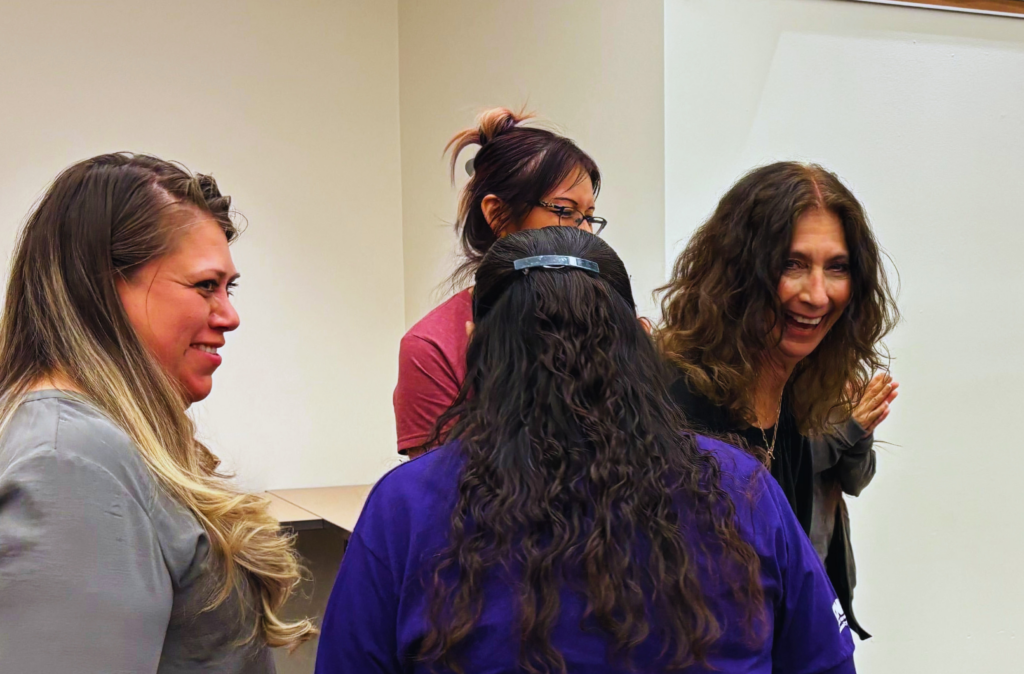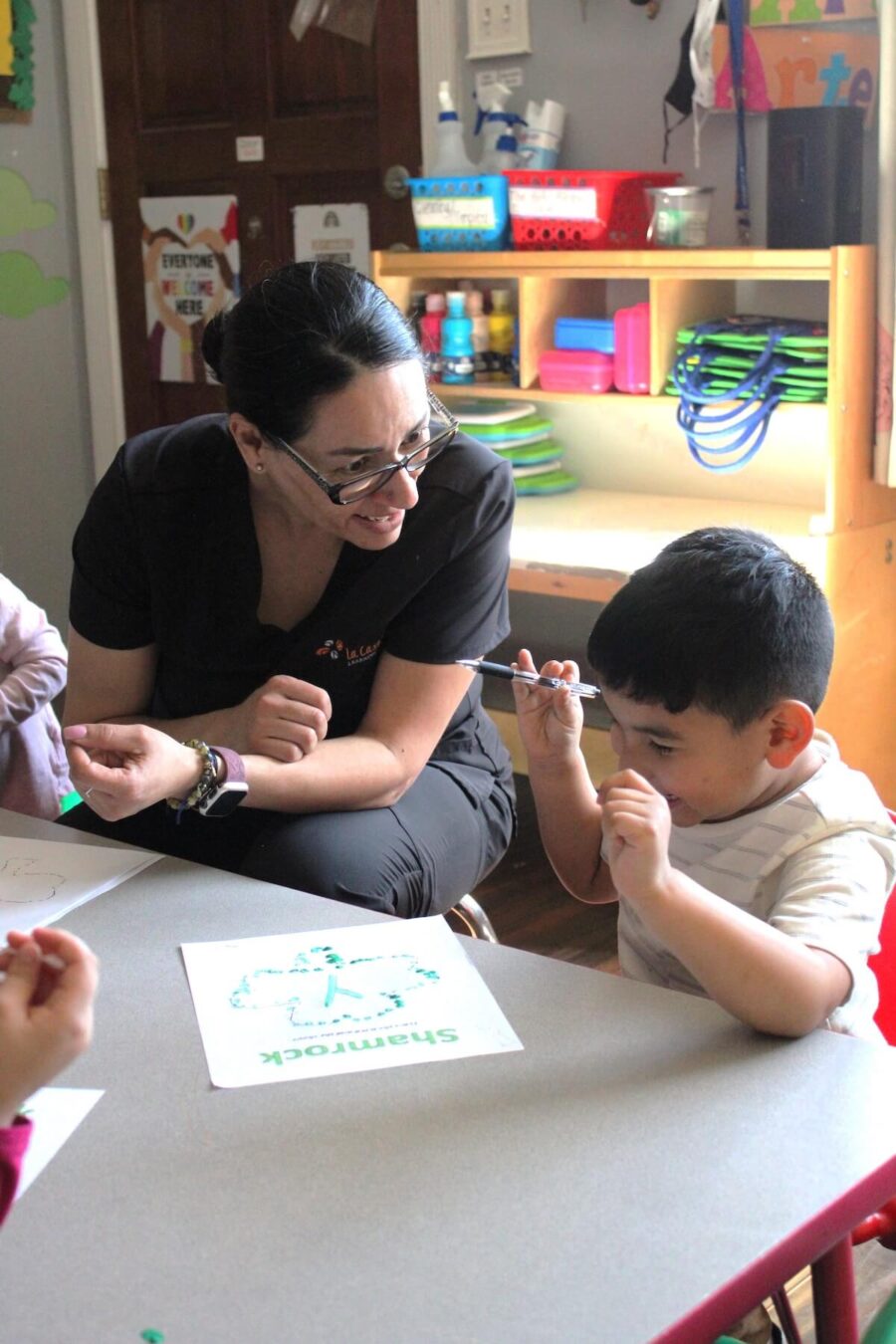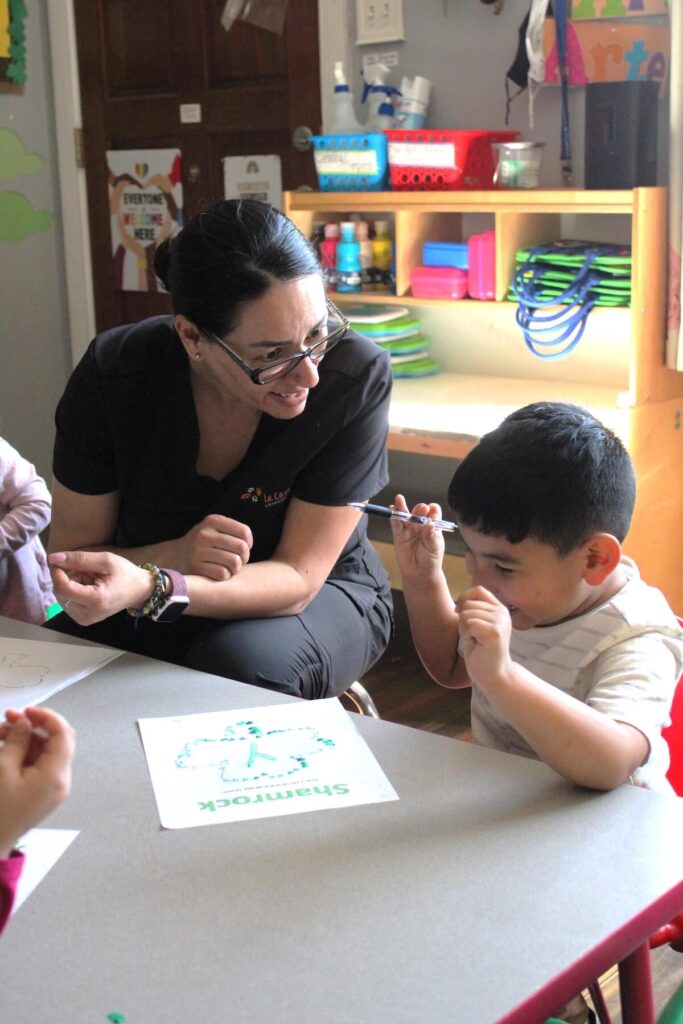Network, Nurture, Grow: A Haven for Home-Based Providers
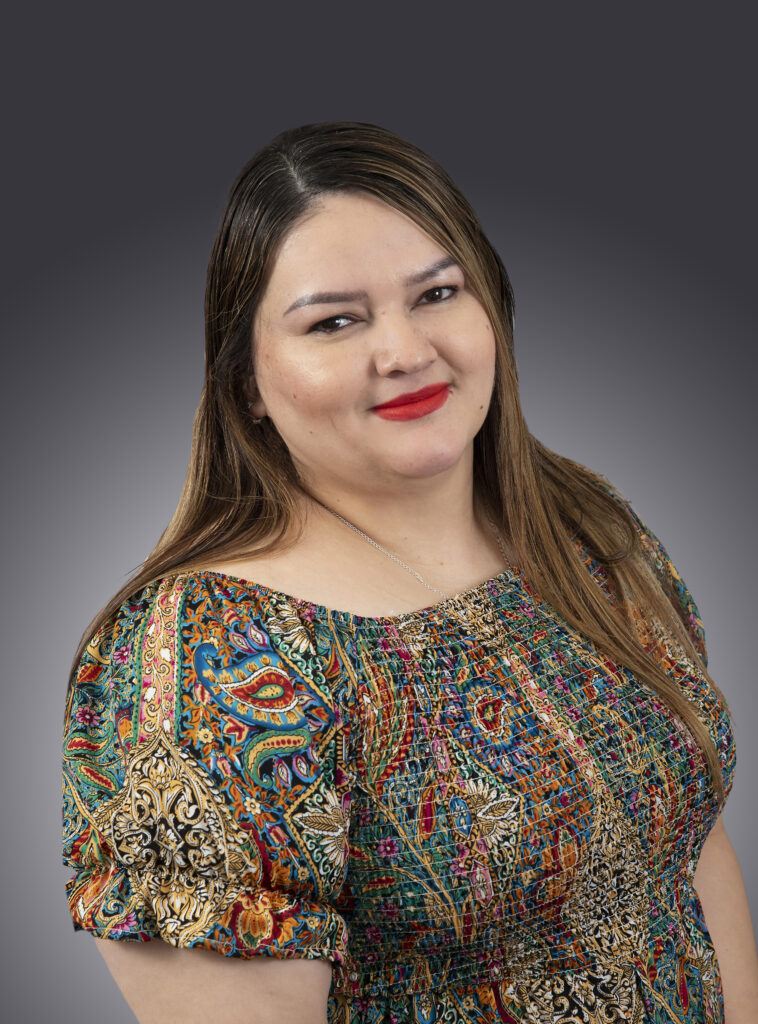
In New Mexico, almost 25 percent of childcare centers are home-based. The Early Childhood Networks Home-Based Provider program serves as a haven for these professionals, providing a supportive community and opportunities for connection through monthly professional development sessions and networking events. Merline Gallegos, a Lead in the Home-Based Provider Network, owns and operates Kelly’s Learning Academy in Las Cruces. Holding certificates in Child Development and Early Childhood Program Administration, she praises the program for its positive impact on her teaching methodology, mentorship practice, and professional growth.
Merline values the program’s focus on collaboration and community, which are central to her beliefs. “I instantly clicked with the Network’s commitment to create a collaborative environment. It just meshes so well with my natural way of mentoring, which is all about empathy and support.” she shared. The program’s monthly meetings and professional development opportunities provide a platform for home-based providers to exchange best practices and share strategies tailored to their unique challenges.
Merline stresses the importance of specific skills for peer mentorship. “Organization and a child-centered approach are key. I integrate these by focusing on structured yet flexible teaching methods that cater to individual child needs,” she notes. This approach enhances her ability to effectively support other providers, tailoring her guidance to meet diverse perspectives and career stages.
Merline finds deep satisfaction in witnessing her colleagues’ professional development. “Seeing the remarkable growth in confidence and capabilities among my peers inspires me. Their success demonstrates the value of our work and the positive impact the Network has on the home-based community,“ Merline stated. This sense of achievement reaffirms the significance of her efforts and energizes her continued dedication to her role as a Lead in the Home-Based Provider Network.
Merline also addresses the unique challenges of working from home, particularly for those in educational and caregiving roles. “Home-based providers face a unique set of challenges, primarily around managing the roles of educator, administrator, and caregiver within their home,” she explains. Because home-based providers manage multiple roles, Merline offers effective management strategies to ensure quality education despite challenges. Her support enhances skills in organizational management and child-centered care and uplifts other providers.Home-based providers across New Mexico can apply to the Home-Based Provider Network. Applications open April 1. Discover how the Early Childhood Network can help you grow at https://www.ecnetworks.org/early-childhood-home-based-provider-network/.

